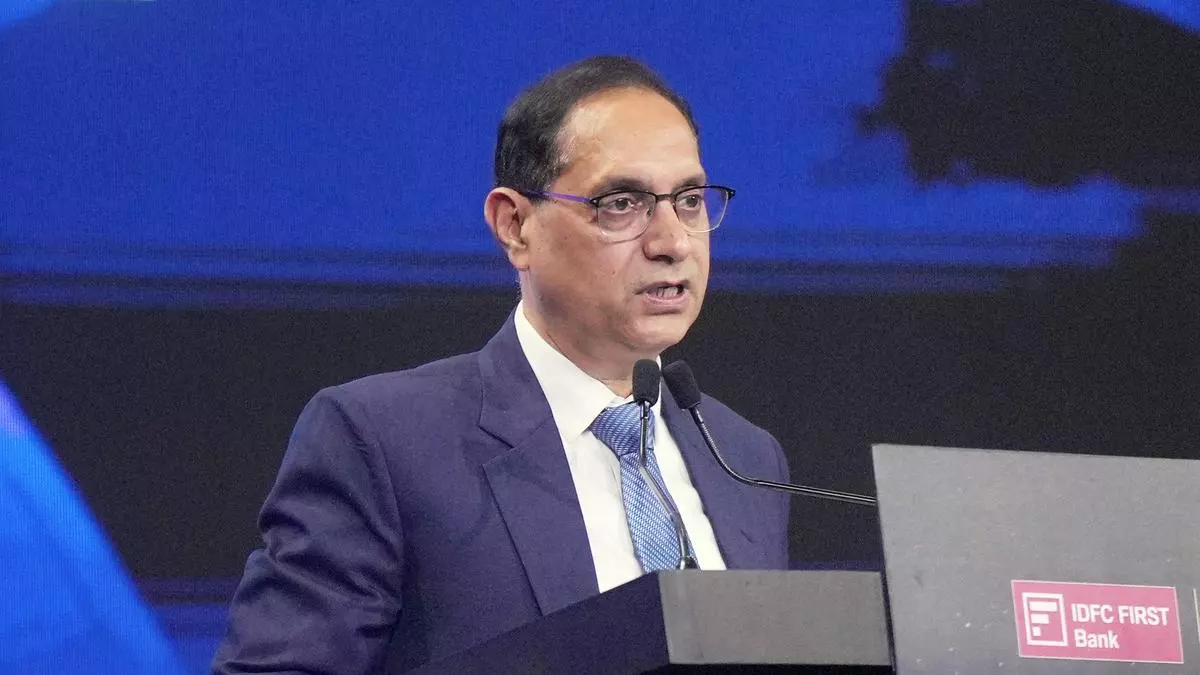In a significant move, the Securities and Exchange Board of India (SEBI) has given its nod to the appointment of a Public Interest Director (PID) in listed companies. This decision was taken in the first board meeting under the leadership of the new SEBI chief, Mr. Ajay Tyagi. The meeting also saw the easing of Alternative Investment Fund (AIF) and merchant banking rules, which is expected to bring in more transparency and efficiency in the Indian capital market.
The appointment of a PID in listed companies has been a long-standing demand of investors and corporate governance experts. This move is seen as a step towards strengthening the corporate governance framework in India. The PID will act as a watchdog and ensure that the interests of all stakeholders, including minority shareholders, are protected. This will also bring in more accountability and independence in the decision-making process of listed companies.
The new rules state that a listed company must have at least one PID on its board of directors. The PID must be a person of eminence with a strong track record of integrity and expertise in the relevant field. The appointment of a PID will be for a term of three years, which can be extended for another term of three years. The PID will be entitled to remuneration, but it will not be linked to the company’s performance, ensuring their independence.
SEBI has also eased the rules for AIFs, which are investment vehicles that pool funds from investors and invest in different asset classes. The new rules allow AIFs to invest in start-ups, small and medium enterprises, and infrastructure investment trusts. This move is expected to boost the start-up ecosystem in India and provide much-needed capital to small and medium enterprises. The new rules also allow AIFs to invest in distressed assets, which will help in resolving the issue of non-performing assets in the banking sector.
In another significant development, SEBI has relaxed the rules for merchant bankers, who are responsible for managing the issuance of securities and providing financial advice to companies. The new rules allow merchant bankers to act as underwriters for public issues, which was previously restricted to banks and financial institutions. This will increase the competition in the market and provide more options for companies looking to raise funds through public issues.
The easing of AIF and merchant banking rules is expected to bring in more investments in the Indian capital market. It will also provide a boost to the government’s efforts to revive the economy, which has been hit hard by the COVID-19 pandemic. The move is also in line with the government’s vision of making India a $5 trillion economy by 2024.
The decision of the SEBI board to approve these new rules is a testament to the regulator’s commitment to promoting transparency and efficiency in the Indian capital market. The new SEBI chief, Mr. Ajay Tyagi, has shown his intent to bring in much-needed reforms in the market since taking charge in March this year. His leadership has been praised by market participants and experts, who believe that his experience and expertise will help in strengthening the Indian capital market.
The approval of the PID appointment rules, along with the easing of AIF and merchant banking rules, is a positive step towards creating a more investor-friendly environment in India. It will also help in attracting more foreign investments, which is crucial for the country’s economic growth. The move is expected to boost investor confidence and improve the overall corporate governance standards in the country.
In conclusion, the first board meeting under the new SEBI chief, Mr. Ajay Tyagi, has set the tone for a more transparent and efficient Indian capital market. The approval of PID appointment rules, along with the easing of AIF and merchant banking rules, is a significant step towards achieving the government’s vision of making India a $5 trillion economy. The move is expected to bring in more investments, boost economic growth, and strengthen the corporate governance framework in the country.








